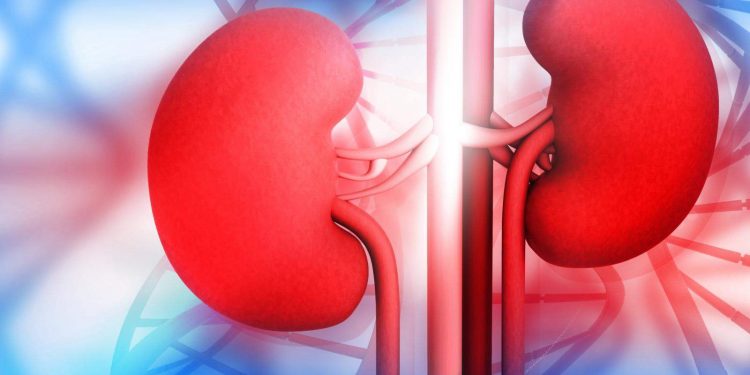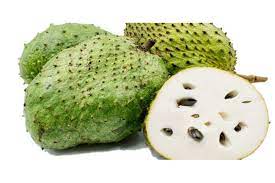Kidney diseases
Kidney disease is a major health problem in the world. Chronic kidney disease (CKD) is the most common type of kidney disease. It affects more than 25 million people in the US, and over 60 million people worldwide.
Kidney failure occurs when the kidneys can no longer keep up with the demands of the body. About 1 in 20 people will experience kidney failure at some point in their lives.
Kidney disease is a serious issue that can have a significant impact on your health and life. In this article, Vivahealth magazine, will provide you with the top 5 causes of kidney disease and how to avoid them.
CKD is caused by a variety of factors, including high blood pressure, obesity, diabetes, and toxins in the environment. There is no one cause of CKD. However, you can reduce your risk of developing CKD by reducing your risk factors.
What Are The Signs And Symptoms Of Kidney Failure?
Most people may not have any severe symptoms until their kidney disease is advanced. However, you may notice that you:
- feel more tired and have less energy
- have trouble concentrating
- have a poor appetite
- have trouble sleeping
- have muscle cramping at night
- have swollen feet and ankles
- have puffiness around your eyes, especially in the morning
- have dry, itchy skin
- need to urinate more often, especially at night
Top 5 Causes Of Kidney Disease
Kidney disease is a concern even in Sub Saharan Africa and Ghana is not an exception. However, you can reduce your risk of developing CKD by reducing your risk factors.
Here are the top 5 causes of CKD:
- High blood pressure: High blood pressure is the leading cause of CKD worldwide. It increases your risk of kidney damage by increasing the amount of salt and water that leaves your body through your urine. Reducing your blood pressure can prevent or delay CKD development.
- Medications that can cause kidney disease
There are many medications that can cause kidney disease. Some of the most common are:
- Acetaminophen (Tylenol, others) – This is a medication that is used to relieve pain and fever. It is often taken for long periods of time, which can lead to the development of kidney disease.
- NSAIDs (non-steroidal anti-inflammatory drugs) – These medications are used to treat pain and inflammation. They can also lead to the development of kidney disease if they are taken for a long period of time or in high doses.
- Some types of antibiotics and some types of chemotherapy drugs. They all can damage the kidneys if they are taken for a long period of time or in high doses.
- Herbal preparations
There is a growing trend of herbal preparations being used as alternative remedies for a variety of ailments. However, there is evidence to suggest that some of these herbal preparations can actually be harmful to the kidneys.
- Diabetes: Diabetes is another major risk factor for developing CKD. Diabetes makes it easier for plaque to build up on the walls of your kidneys and this eventually leads to kidney failure.
- Smoking: Smoking cigarettes is a leading cause of early death worldwide, but it’s also a major risk factor for developing kidney disease later in life. Smoking cigarettes contributes to lung cancer and other types of cancer, as well as chronic obstructive pulmonary disease (COPD). Smoking can also damage your kidneys directly by damaging their function。
5 . Drinking too much alcohol: Your kidneys filter harmful substances from your blood. One of these substances is alcohol. Alcohol can cause changes in the function of the kidneys and make them less able to filter your blood. In addition to filtering blood, your kidneys do many other important jobs. One of these jobs is keeping the right amount of water in your body. Alcohol affects the ability of your kidneys to do this. When alcohol dehydrates (dries out) the body, the drying effect can affect the normal function of cells and organs, including the kidneys.
How to avoid kidney damage
There are many ways to avoid kidney damage, but the most important thing is to stay healthy overall. Make sure to get plenty of exercise, eat a balanced diet, and avoid smoking and drinking excessively. If you do develop kidney disease, make sure to see your doctor regularly for checkups and treatment recommendations.
How Is Kidney Failure Treated
There are many ways to treat kidney failure, depending on the severity and location of the disease. In most cases, patients will need to take various medications to help regulate their blood pressure, blood sugar, and fluid levels. They may also need to receive dialysis or a kidney transplant in order to stay alive.
Conclusion
kidney disease is a serious issue that can have a significant impact on your health and life. Make sure to know the top 5 causes of kidney disease and how to avoid them. If you do develop kidney failure, make sure to see your doctor regularly for checkups and treatment recommendations.





























